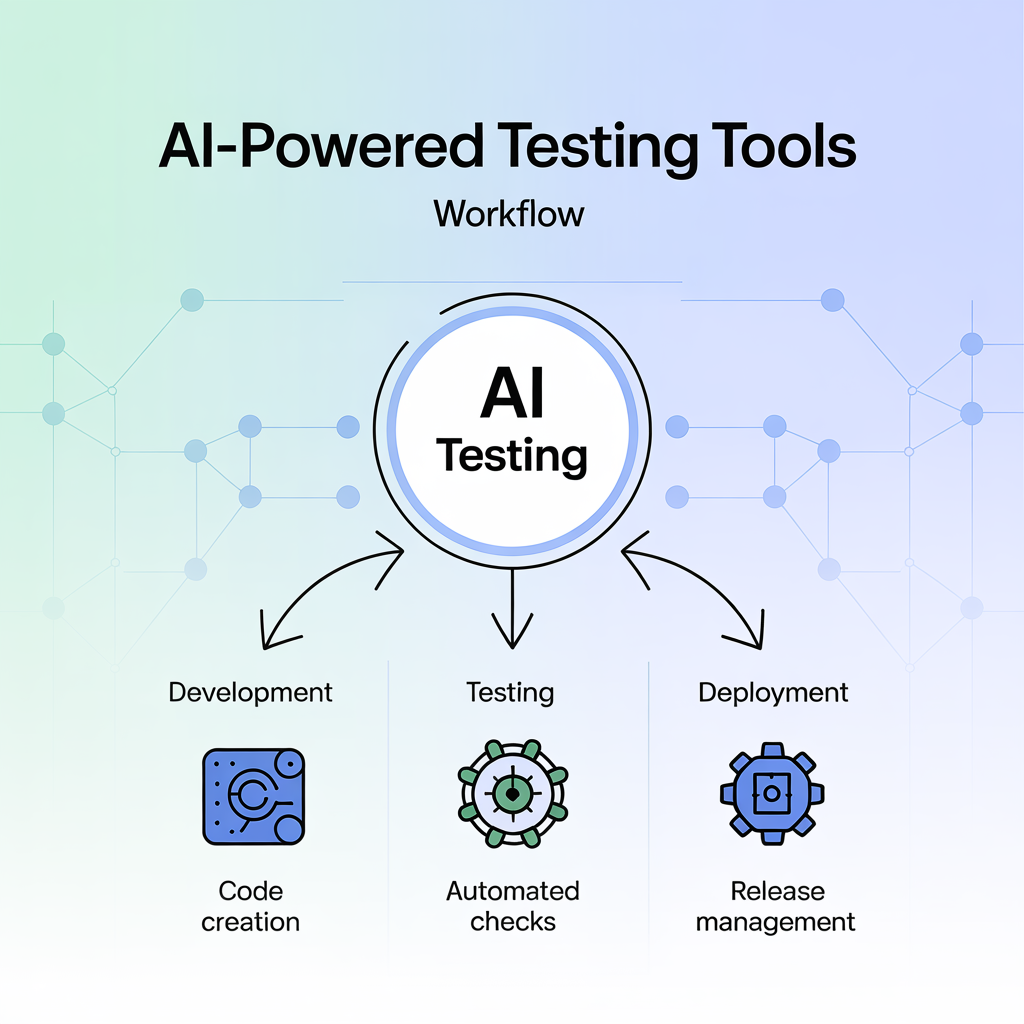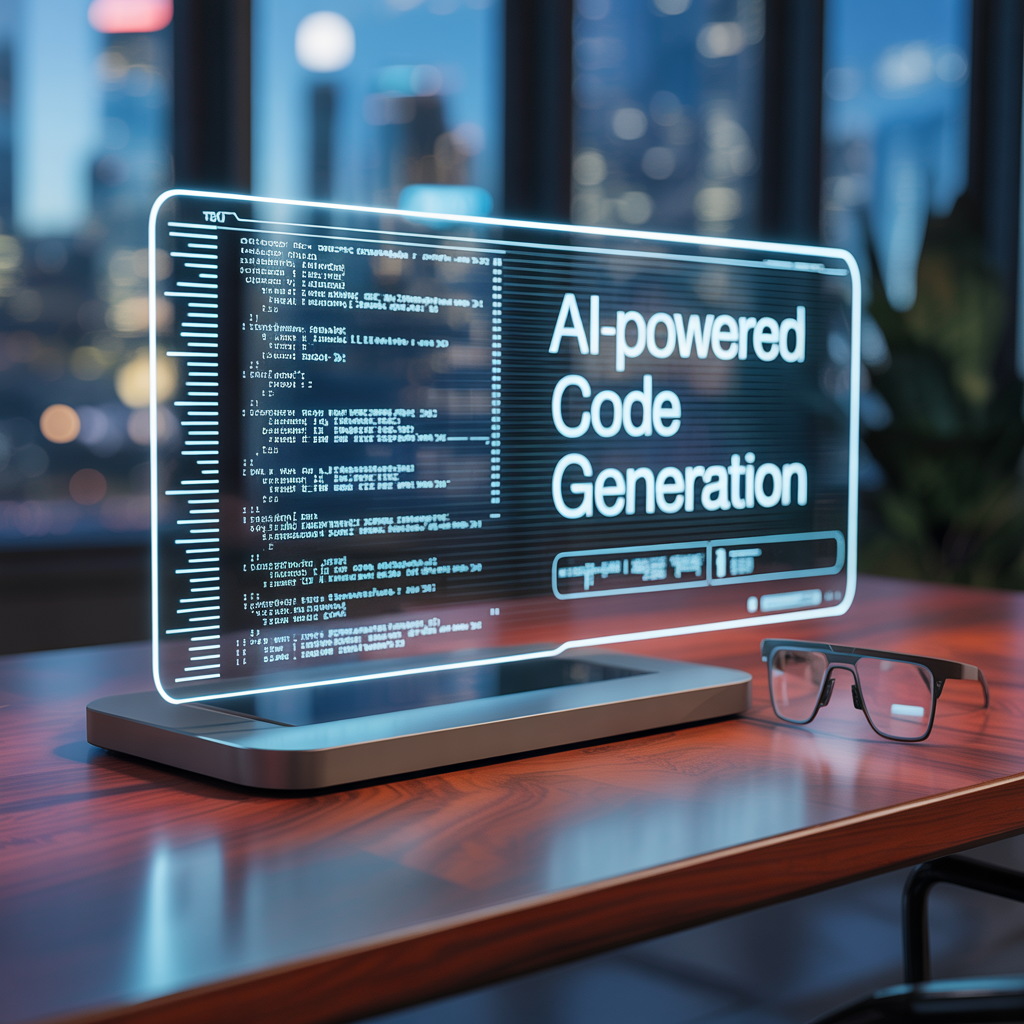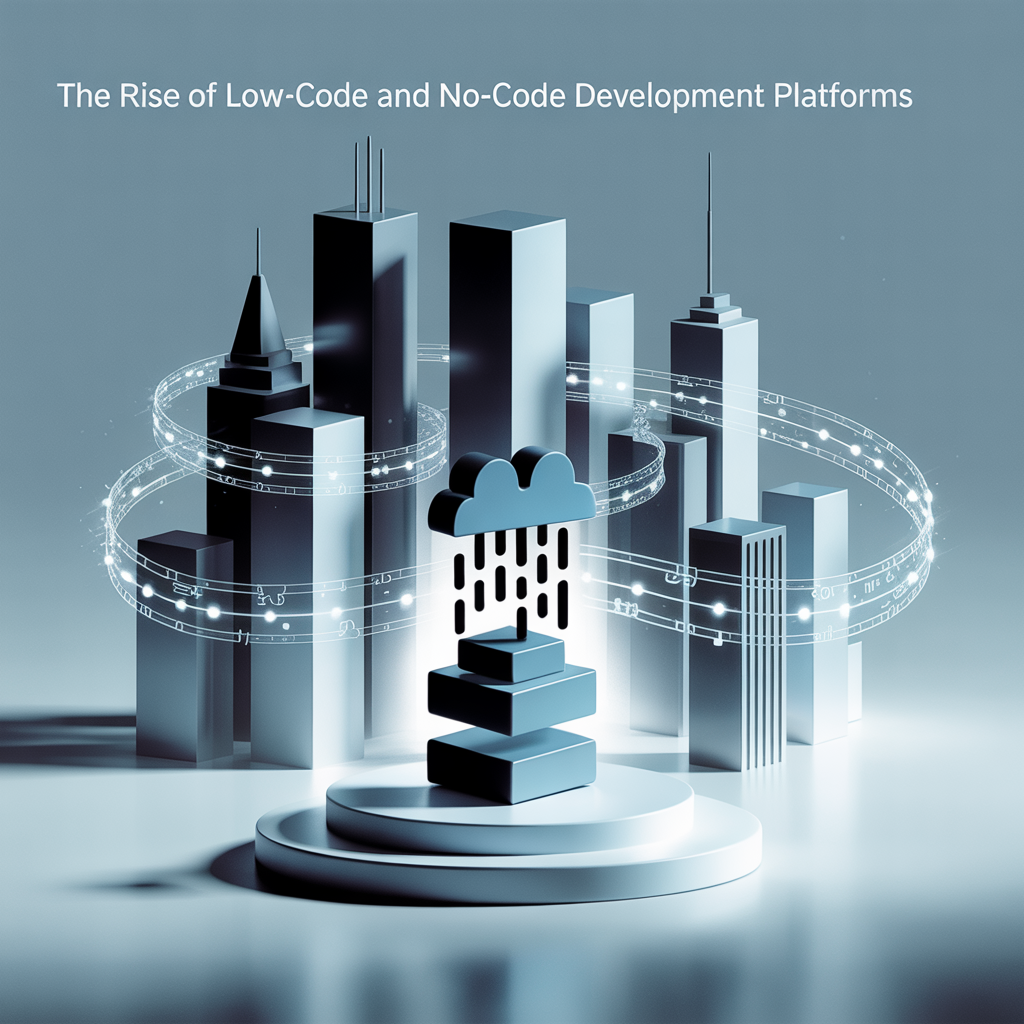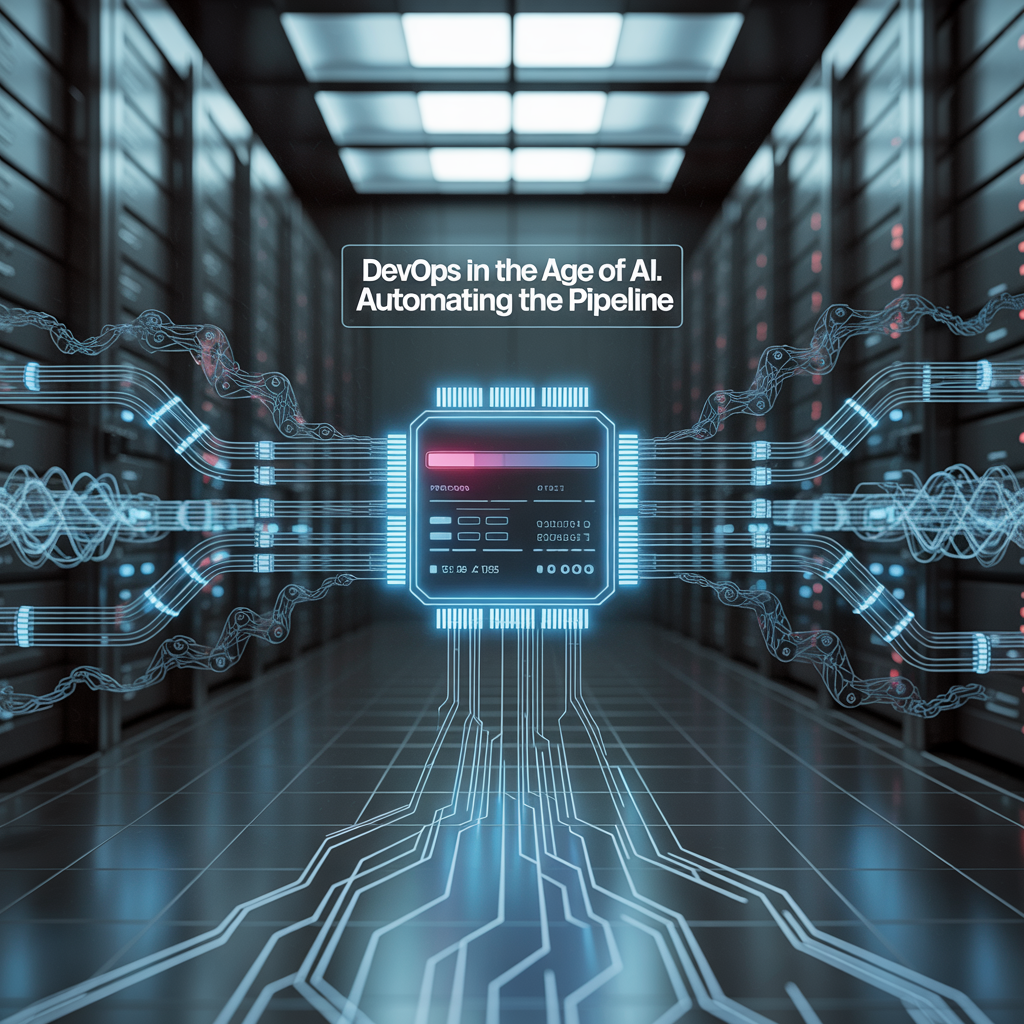How artificial intelligence is transforming the software development lifecycle and increasing productivity.
The software development landscape is undergoing a profound transformation, driven by the integration of artificial intelligence into every phase of the development lifecycle. From code generation to testing and deployment, AI-powered tools are revolutionizing how developers work and the results they can achieve.
The Rise of AI Pair Programmers
Perhaps the most visible manifestation of AI in software development is the emergence of AI pair programmers. These sophisticated tools analyze context, understand intent, and generate code snippets or even entire functions based on natural language descriptions or comments.
Leading solutions in this space now offer capabilities that would have seemed like science fiction just a few years ago:
- Real-time code suggestions that adapt to your coding style
- Automatic documentation generation based on code analysis
- Identification of potential bugs and security vulnerabilities
- Refactoring recommendations to improve code quality
The productivity gains have been substantial. According to recent industry surveys, developers using AI pair programming tools report 30-40% increases in coding speed and significant reductions in debugging time.
"AI hasn't replaced developers—it's supercharged them. The tools handle the routine aspects of coding, freeing developers to focus on the creative and architectural challenges that truly require human insight."
— Maria Rodriguez, CTO at CodeFuture
Intelligent Testing and Quality Assurance
Testing has traditionally been one of the most time-consuming aspects of software development. AI is changing this paradigm through intelligent test generation, execution, and analysis.
Modern AI-powered testing platforms can:
- Automatically generate comprehensive test cases based on code analysis
- Prioritize tests based on code changes and historical failure patterns
- Identify the root causes of failures more quickly
- Self-heal tests that break due to UI changes

Predictive Analytics for Project Management
Beyond the technical aspects of coding and testing, AI is also transforming how software projects are managed. Predictive analytics tools now offer unprecedented insights into project timelines, resource allocation, and potential bottlenecks.
These systems analyze historical project data, code complexity metrics, team velocity, and even communication patterns to provide increasingly accurate forecasts. Some platforms can predict with remarkable accuracy which features are likely to encounter delays or which parts of the codebase might become problematic.
The result is more realistic planning, better resource allocation, and fewer unpleasant surprises for both development teams and stakeholders.
Automated Code Review and Knowledge Sharing
Code reviews are essential for maintaining quality but can become bottlenecks in fast-moving teams. AI-powered code review assistants are addressing this challenge by:
- Automatically checking code against best practices and team standards
- Identifying potential performance issues before they reach production
- Suggesting improvements based on patterns observed across the codebase
- Facilitating knowledge sharing by explaining complex code sections
These tools don't eliminate the need for human review but make the process more efficient by handling routine checks and allowing reviewers to focus on higher-level concerns like architecture and design.
The Human Element: Collaboration Between Developers and AI
Despite the impressive capabilities of AI development tools, the most successful implementations are those that emphasize human-AI collaboration rather than replacement. The tools augment human capabilities, handling routine tasks while developers focus on creative problem-solving, architectural decisions, and understanding user needs.
Organizations that have successfully integrated AI into their development processes typically follow these principles:
- Start with clear goals for what you want AI to help with
- Invest in training developers to work effectively with AI tools
- Establish guidelines for when to rely on AI suggestions and when to override them
- Continuously evaluate the impact on code quality and developer productivity
Challenges and Limitations
While AI tools offer tremendous benefits, they also come with challenges that organizations need to navigate:
- Learning curve: Developers need time to learn how to effectively collaborate with AI tools
- Over-reliance: There's a risk of developers becoming too dependent on AI suggestions
- Context awareness: AI tools may not fully understand the broader business context or specific requirements
- Security and IP concerns: Organizations must carefully evaluate how code is processed by third-party AI services
Despite these challenges, the trajectory is clear: AI-powered development tools are becoming an essential part of the modern software development toolkit.
The Future of AI in Software Development
Looking ahead, several emerging trends are likely to shape the evolution of AI in software development:
- Increased personalization: AI tools will become better at adapting to individual developers' styles and preferences
- End-to-end automation: More comprehensive automation across the entire development lifecycle
- Domain-specific expertise: AI assistants specialized in particular industries or technical domains
- Natural language interfaces: More sophisticated natural language understanding for code generation
As these technologies mature, the boundary between human and AI contributions to software development will continue to evolve, creating new opportunities for innovation and efficiency.
The integration of AI into software development represents one of the most significant shifts in how software is created since the advent of agile methodologies. While we're still in the early stages of this transformation, the trajectory is clear: AI will become an increasingly essential part of every developer's toolkit.
As these tools continue to evolve, the most successful development teams will be those that find the right balance—leveraging AI to handle routine tasks while focusing human creativity and insight on the problems that truly require it.





Comments (3)
Leave a Comment
David Kim
May 4, 2025 at 2:15 PMI've been using some of these AI pair programming tools for about six months now, and the productivity boost is real. What I find most valuable isn't just the code completion, but the way it helps me explore different approaches to solving problems.
Thomas Wright
May 5, 2025 at 9:30 AMI'm concerned about the over-reliance on AI-generated code. In my experience, it sometimes produces solutions that work but aren't optimal for the specific context of your application. Junior developers especially might not have the experience to recognize when they should override the AI suggestions.
Jessica Martinez Author
May 5, 2025 at 11:45 AMThat's a valid concern, Thomas. This is why I emphasized the importance of training and guidelines in the article. AI tools are most effective when developers understand their limitations and know when to rely on their own judgment. It's about augmentation, not replacement.
Elena Petrova
May 6, 2025 at 3:20 PMThe section on AI for testing resonated with me. We've implemented some of these tools at our company, and the ability to automatically generate test cases based on code changes has been a game-changer. It's caught several edge cases that our manual test writing process would have missed.